According to data released by the Korea International Trade Association, while the won/dollar exchange rate increased by 5.9% this year towards the end of last month, the yen/dollar exchange rate showed a 12.4% increase. However, the depreciation of the yen exceeded that of the won.
The yen/dollar exchange rate, reaching its highest level since April 1990, is weakening the export competitiveness of Korean companies. Particularly, companies operating in the steel, automotive, and petrochemical industries are adversely affected. The steel industry will not only compete with low-cost Chinese steel products but also with Japanese steel products supported by the weak yen.
Last year, imports of Chinese and Japanese steel products to Korea increased significantly. According to data from the Korea Iron and Steel Association, the quantity of steel imported from China increased by 29.2%, while imports from Japan increased by 3.1%. This indicates that the local steel industry is facing a crisis.
Officials in the Korean steel industry point out that the increase in Japan's steel imports has reduced local steel demand and further exacerbated the existing oversupply in the market. Along with the depreciation of the yen, this intensifies the sense of crisis.
Jang Sang-sik, the head of the trend analysis department at the Korea International Trade Association, stated that the depreciation of the yen would burden Korean companies in the steel and chemical sectors. He added, "This situation will further increase the existing oversupply, negatively impacting the profitability of major companies."
The influx of Chinese products has reduced the price of local hot-rolled steel sheets to approximately 700,000 won (505 USD) per ton recently. Imported hot-rolled steel sheets are sold at a price 5.10% lower than domestic production. This situation negatively affects the profitability of major local steel companies.
The Korean steel industry is facing uncertainty about how to respond to the strong dollar and weak yen. However, industry representatives indicate that they will seek solutions to remain competitive with the support of the government and international trade organizations.


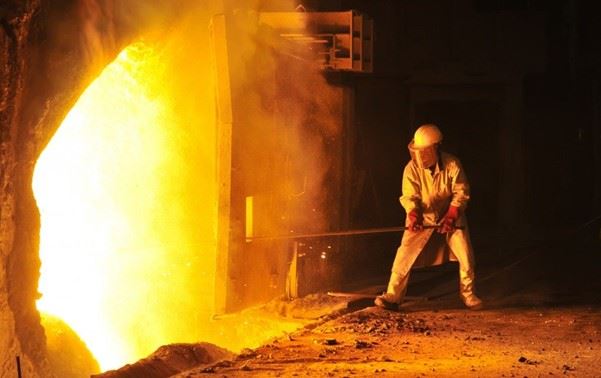

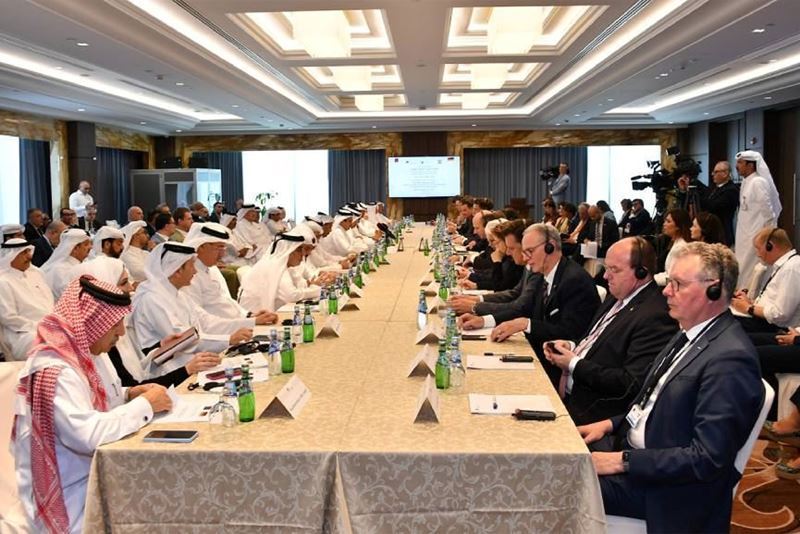
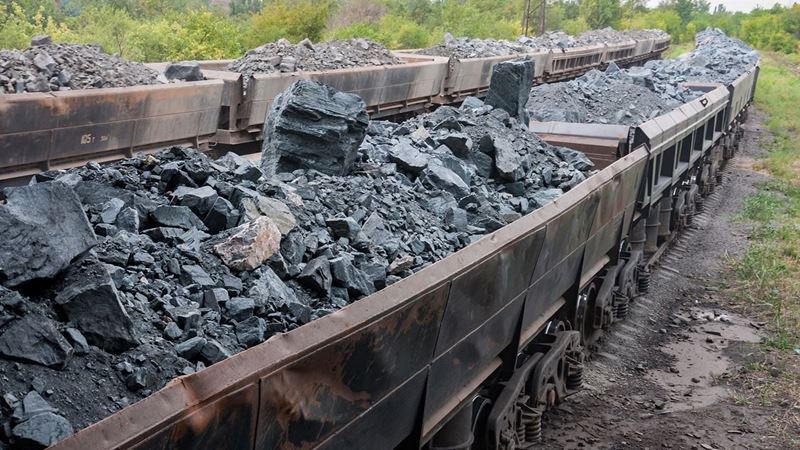
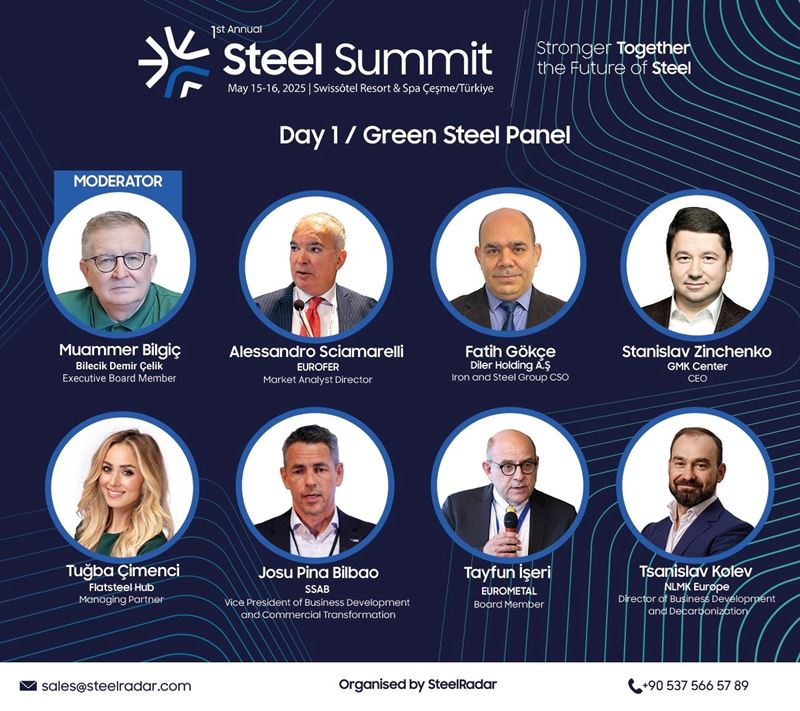
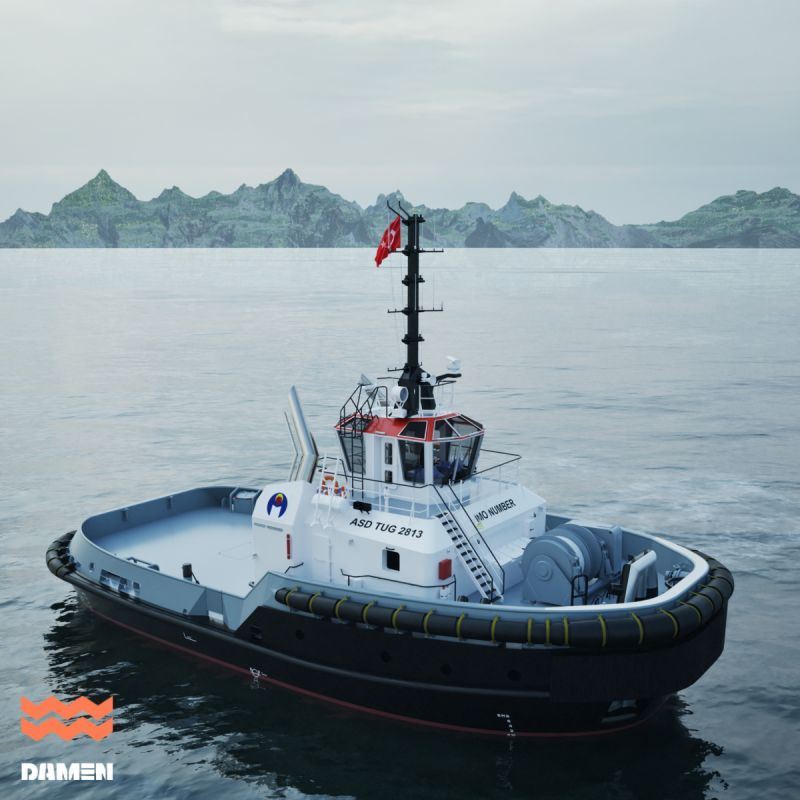



Comments
No comment yet.